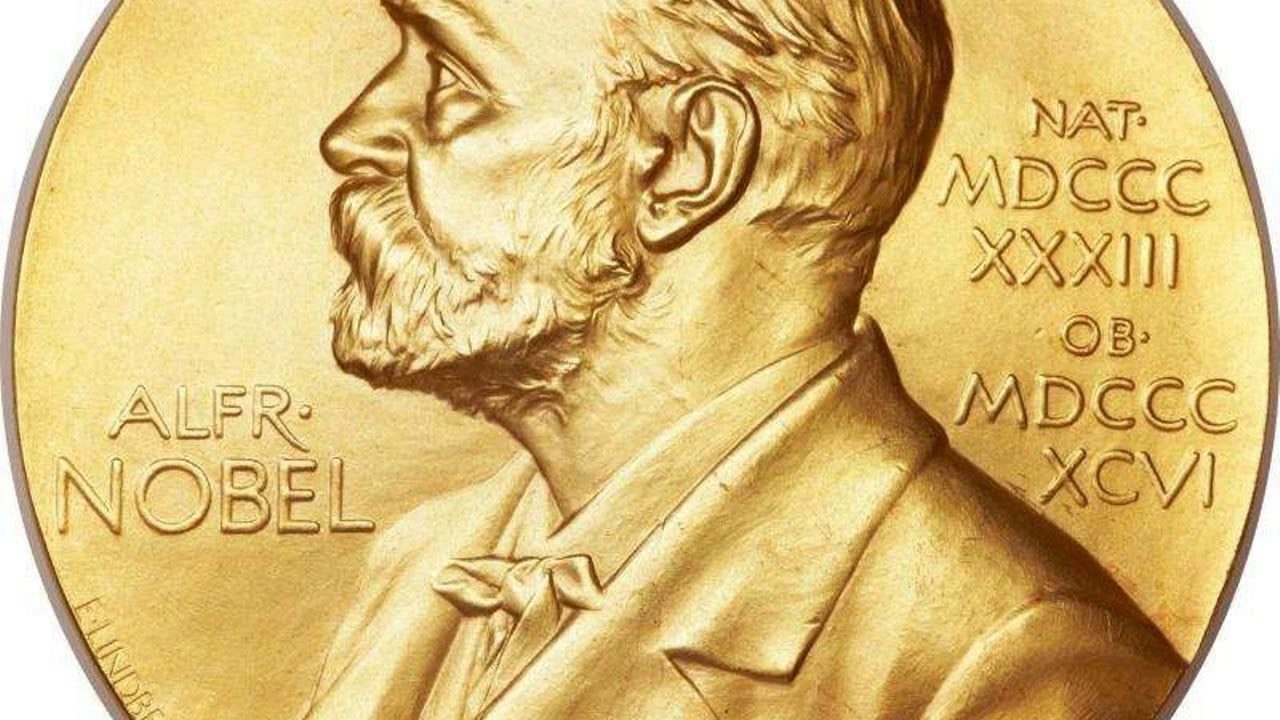An Introduction to Alfred Nobel: The Man and his Legacy
Alfred Nobel is a name that resonates through time, not only for his inventions but also for the legacy he left behind. Born in Stockholm, Sweden, in 1833, Nobel led a life of innovation and brilliance. His most notable invention, dynamite, revolutionized the construction and mining industries. However, the true legacy of this man lies in his will, where he left the majority of his wealth to fund the Nobel Prizes. These awards continue to celebrate outstanding achievements in various fields, shaping our world in countless ways.
The Invention of Nitroglycerin
Nitroglycerin was first synthesized by Italian chemist Ascanio Sobrero in 1847. However, it was Alfred Nobel who discovered a practical use for this highly unstable and sensitive explosive. Nobel's father, a weapons manufacturer, had a factory that produced nitroglycerin. One day, a devastating explosion in the factory led to the death of several people, including Nobel's younger brother, Emil. This tragic event spurred Alfred to find a safer way to handle and use this explosive substance.
From Tragedy to Triumph: The Creation of Dynamite
In the wake of his brother's death, Nobel was determined to make nitroglycerin safer to handle. After years of experimentation, he discovered that mixing nitroglycerin with kieselguhr, a type of porous earth, made it stable enough to be formed into rods and safely detonated with a blasting cap. In 1867, Nobel patented this invention, which he named 'dynamite'. This invention revolutionized the construction industry, making it possible to build tunnels, railroads, and canals at an unprecedented pace. It also had significant applications in mining, where it was used to blast through rock and access valuable minerals.
The Wealth and Controversy of Alfred Nobel
With the success of dynamite, Nobel amassed a significant fortune. However, his invention was also used in warfare, leading to much controversy. Many saw Nobel as a 'merchant of death', profiting from the destruction caused by his inventions. This public perception deeply troubled Nobel, who had a lifelong devotion to the pursuit of knowledge and the betterment of humanity. It is believed that these criticisms played a significant role in his decision to leave his wealth to fund the Nobel Prizes.
The Last Will and Testament of Alfred Nobel
Alfred Nobel's will is one of the most famous legal documents in history. In it, he left the majority of his fortune to establish the Nobel Prizes. These awards would be given annually to those who, during the preceding year, shall have conferred the greatest benefit to humankind. The prizes were to be awarded in the fields of Physics, Chemistry, Medicine, Literature, and Peace.
The Establishment of the Nobel Prizes
Upon his death in 1896, Nobel's will was executed, and the Nobel Prizes were established. The first awards were given out in 1901. Over the years, these prizes have been awarded to some of the most brilliant minds in their respective fields. The Nobel Prize has become one of the highest honors that a person can receive, and it continues to inspire countless individuals to strive for excellence in their pursuits.
The Lasting Legacy of Alfred Nobel
Alfred Nobel's legacy extends far beyond his inventions. Through the Nobel Prizes, he has left an enduring mark on the world, honoring those who have made significant contributions to their fields and to humanity. His story is a testament to the power of innovation, the pursuit of knowledge, and the importance of using one's resources to make a positive impact on the world.
Conclusion: The Power of a Legacy
In conclusion, the story of Alfred Nobel serves as a powerful reminder of how one person's life and work can have far-reaching impacts. His invention of dynamite changed the course of industries, while his decision to fund the Nobel Prizes continues to shape our world by celebrating and encouraging human achievement. It is a legacy that continues to resonate, reminding us of the power of innovation, the importance of knowledge, and the potential for each of us to make a lasting impact.




Brian Klepacki on 16 July 2023, AT 01:50 AM
Alas, the very soul of progress is shackled by the blood‑stained legacy of a man who turned chemistry into carnage. Nobel’s glittering prizes mask the grim echo of explosions that reshaped skylines and battlefields alike. He bewitched the world with dynamite, a promise of industry that whispered death in every blast. Yet, as if haunted by his own creation, he erected monuments to intellect while his inventions tore continents asunder. One must ask whether the glitter of laurels truly redeems the shadows he cast.